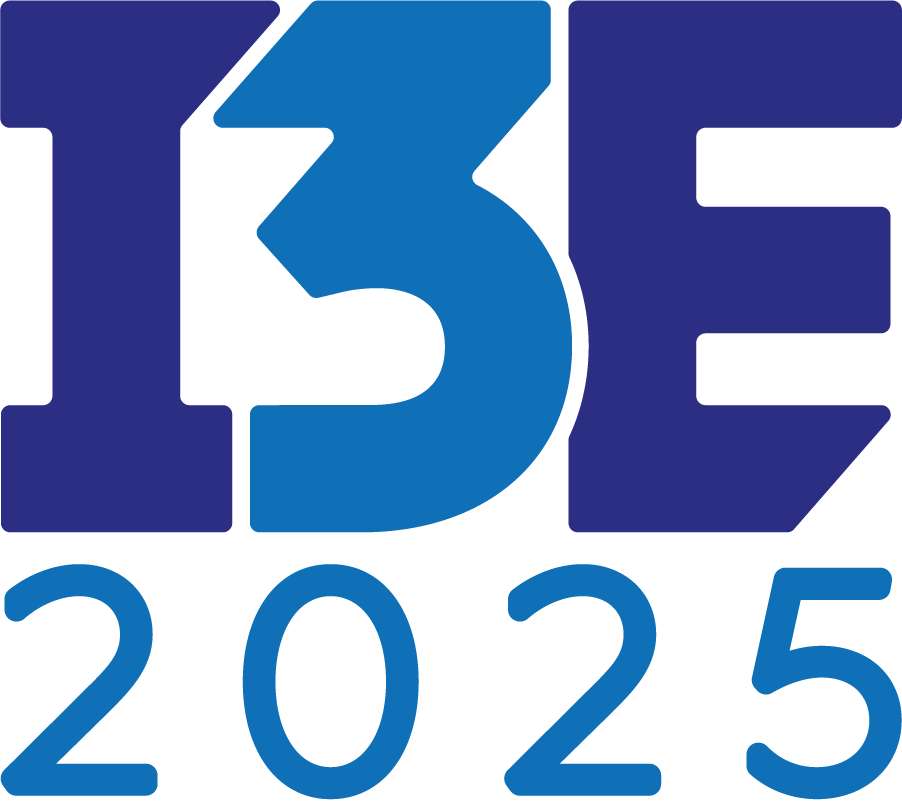Call for Papers
Conference theme: “Pervasive digital services for people’s well-being, inclusion and sustainable development”
Next-gen digital services contribute to people’s well-being, inclusion, and sustainable development, re-shaping e-business, e-services, and e-society. Such services are pervasive both since they run on a large variety of heterogeneous devices and they permeate various aspects of daily life, by offering accessible and personalised experiences to all individuals. The proposed theme advocates for the design, implementation and operations of novel digital solutions that satisfy the needs of different individuals, while contributing to their well-being and to preserving the Planet.
I3E 2025 will collect contributions about the creation and management of user-centric accessible platforms, applications, and services that empower individuals to live healthier and more fulfilling lives. The proposed theme aims at emphasizing how it is possible to leverage different technologies to address pressing societal challenges such as, for instance, healthcare access, education, poverty alleviation, sustainable usage of resources, and social equity, towards a more inclusive and sustainable future.
Areas of particular interest include but are not limited to:
e-Business
• Innovative e-business models
• Inter-organizational systems
• Business process integration
• Business process re-engineering
• e-Marketplaces, e-Hubs and portals
• Digital goods and products
• User behaviour modeling
• Mobile business
• Enterprise application integration
• e-Negotiations, auctioning and contracting
• Supply, demand, and value chains
• e-Commerce content management
• Dynamic pricing models
• Trust and security
• Mobile Commerce
• Business Intelligence
• Business Ontologies and Models
• E-Business Models
e-Services
• e-Service composition
• Inter-organizational services
• e-Collaboration and e-Services
• Service-oriented computing
• Web services
• Semantic web services
• Service workflows
• Virtual organizations and coalitions
• Virtual enterprises and virtual markets
• Web 2.0 applications
• Agent-oriented e-Services
• P2P co-operation models
• Ubiquitous, mobile, and pervasive services
• Application service management
• Services and service management in the cloud-edge continuum
• Next-gen AI services
• Enterprise Ontologies
• Accessibility
• Usability
e-Society
• e-Government (e.g. G2G, G2B, or G2C)
• Digital cities and regions
• e-Democracy and e-Governance
• e-Inclusion to information society
• e-Health and e-Education
• Public e-Services for citizens and enterprises
• One-stop government service integration
• Mobile public services
• Multimedia and multilinguism
• Digital culture and digital divide
• Privacy and security
• Legal societal and cultural issues
• Public-private partnerships
• International dimension of e-Gov
• E-society and AI
• Digital Transformation
• Social Computing
• Green Computing
• Sustainable Technologies
• Humanitarian & Emergency Management
• Digital Inclusion
• Digital Literacy
